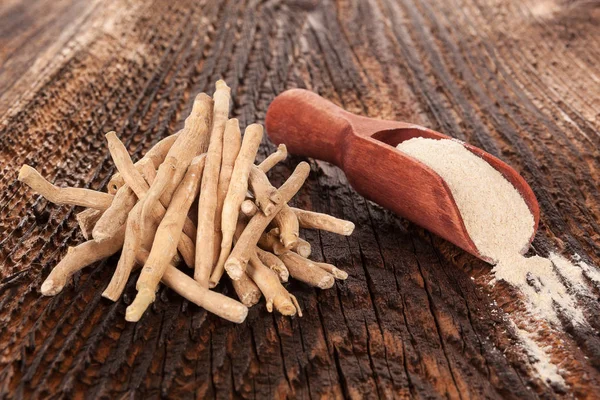Stress has become an important aspect of our daily routine be it financial, relationship or physical health related. Research conducted recently found that nearly 190 million people experienced significantly higher stress in 2020 than in years past. In 2020, the world was a sadder, angrier, more worried and more stressed-out place than it has been at any time in the past 15 years.
Our life is full of challenges & sometimes these challenges weigh us down & transform into burnout, stress, anxiety & depression. This has become even more prevalent among entrepreneurs & start-up founders.
Prolonged stress can directly impact our well being, happiness, work productivity & efficiency & even our health. In fact scientists have found stress is strongly correlated with digestive disorders, mental health issues, skin issues such as acne metabolic dysfunctions such as type 2 diabetes, negative impact on our immune system, gut dysbiosis & even hormonal imbalances.
It has strong biological & physiological impact that interact with our cells at microscopic levels & impact how our body organs work & even dysregulating our brain functioning.
Stress levels, anxiety & depression have become so profound that around 13.2% of adults are on antidepressants. Besides, people are becoming more aware of ways to manage their stress levels- such as exercise & meditation that help reroute many of the neurological ways we manage stress.
Thanks to a lot of research going in the preventative medicine space- we now know lots of foods & herbs having medicinal properties that help in alleviating stress.
One such herb which has become really important in the present context is Ashwagandha. Used in traditional ayurvedic medicine, Ashwagandha is considered to be a strong adaptogen & offers stress relieving benefits.
What are adaptogens?
Adaptogens are ingredients used as herbal medicines to help promote our cells’ homeostasis. Ashwagandha is one such adaptogen which is effective in relieving stress for many people.
This herb solution is particular important for lower inflammation, promotion brain health & its functions & driving anti-anxiety benefits.
However many doctors & scientists have missed a main point here. Like nutrition, these herbs & medicinal supplements cannot be considered as one solutions fits all approach.
It is not brainer- by now we know that our gut microbiome, which is home to 40 trillion microbes, has a brain of its own. Our gut is not only regarded as a second brain with its ability & competence to communicate via cellular messages across the body but also interacts with the food we eat to modify how our body responds to these foods. It is these gut microbiome-food interactions, which by the way are unique for every individual, that determine the level of inflammation in our body & whether a particular food is going to be beneficial or toxin.
Therefore, depending upon gut microbiome-food interaction, foods, supplements or herbs which are considered to be healthy can trigger inflammation, cause digestive discomfort, allergy, food intolerance, sensitivities, or even have minimal or no benefits at all.
There can be multiple reasons for this.
- Populations of microorganisms & their diversity.
- Imbalance in the gut can make it difficult to digest or convert many ingredients into beneficial compounds. Sometimes such imbalance can lead to release of harmful compounds that can trigger body wide inflammation & trigger multiple chronic health conditions.
It is clear, there is nothing called a standard health solution, food, herb or supplement. Nature has put beneficial medicine properties in many foods but whether we get those benefits or such properties create inflammation depends upon how our gut microbiome interacts with such foods. Besides, there are a number of foods with similar beneficial properties. This is where our system biology team suggest food or herbs based on an individual’s unique microbiome which can offer more benefits than others.
It would be surprising to learn that ashwagandha can have a proinflammatory impact on your body & instead of relieving stress, it can trigger various other proinflammatory impacts such as fatigue, nasal inflammation, headache, sinus, chest pain & difficulty breathing. Have you ever wondered why? Ashwagandha is a nightshade herb & people who have high histamine intolerance would find nightshade foods & herb in their avoid list. In such conditions, ashwagandha may be poisonous for their body. In such situations, our clinical team would pick up & recommend other herbs such as Lemon Balm & Rhodiola instead of Ashwagandha which would have similar stress relieving impact.
When we sequence your microbiome & conduct your biological pathway analysis, we can tell you the level of histamine production- good, average or sub optimal. Based on your scores, food, herbs & supplements are recommended & personalized for your unique biology & takes into account how your gut microbiomes interact with the food you eat. Please remember there is nothing called universal health food or herb- it all depends upon residents in your gut-microbes living in your gut. Want to know if ashwagandha is a toxin for you?
Sign up for our UP THE GUT solution to get a digital footprint of your body. More details here.


Leave a Reply